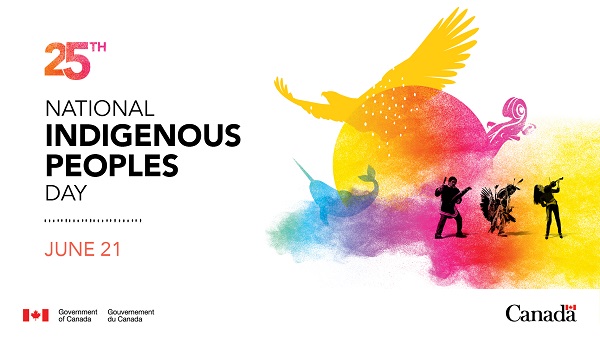Today is National Indigenous Peoples Day. For the last 25 years, June 21 has been dedicated to celebrating and honouring the diverse cultures, achievements, and contributions of First Nations, Inuit, and Métis peoples. The recent discovery of the remains of 215 Indigenous children and youth at the Kamloops Indian Residential School, underscores the devastating history and current impacts of colonization and cultural genocide in Canada. It also underscores the importance of the collective work we have to do — as individuals, as an organization, and as a child welfare sector — towards Truth and Reconciliation.
To celebrate National Indigenous Peoples Day and support Truth and Reconciliation, we are encouraging our staff and our non-Indigenous members to take some of the following actions.
- Learn about the history of the land you live on, including the cultural traditions and customs, languages, and treaties. Share this information with your family, neighbours, and colleagues. Some helpful resources include native-land.ca and whose.land/en.
- Read the Calls to Action from the Truth and Reconciliation Commission of Canada and the Calls for Justice identified by the National Inquiry into Missing and Murdered Indigenous Women and Girls. Think about how the child welfare sector is either directly implicated and/or intersects with these recommendations, and how you can do your work differently to honour them.
- Learn about residential schools and the Sixties Scoop directly from First Nations, Inuit, and Métis peoples. The Legacy of Hope Foundation has shared many personal stories on their website. CTV News also recently launched a webpage dedicated to telling the stories of residential school survivors.
- In the spirit of celebrating the diversity and richness of First Nations, Inuit, and Métis peoples, discover and support Indigenous artists. Here are some suggestions to get you started:
- Spotify has created a space for Canadian Indigenous music creators. Find it here.
- CBC compiled a list of 12 documentaries about life in Canada that are available to watch on CBC Gem.
- CBC also compiled a list of 35 books to read by Indigenous authors. Indigo has a similar list, though we encourage you to buy from an Indigenous bookstore, like Barely Bruised Books or GoodMinds, if possible.
- The Human Rights Museum has curated a collection of Indigenous films and filmmakers for the month of June. Find them here.
- Find Indigenous art, including beadwork, knitting, ceramics, and weaving through the Indigenous Arts Collective of Canada.
- Find ways to support local Indigenous organizations and individuals with your resources, such as your time, voice, and/or financial contributions.
